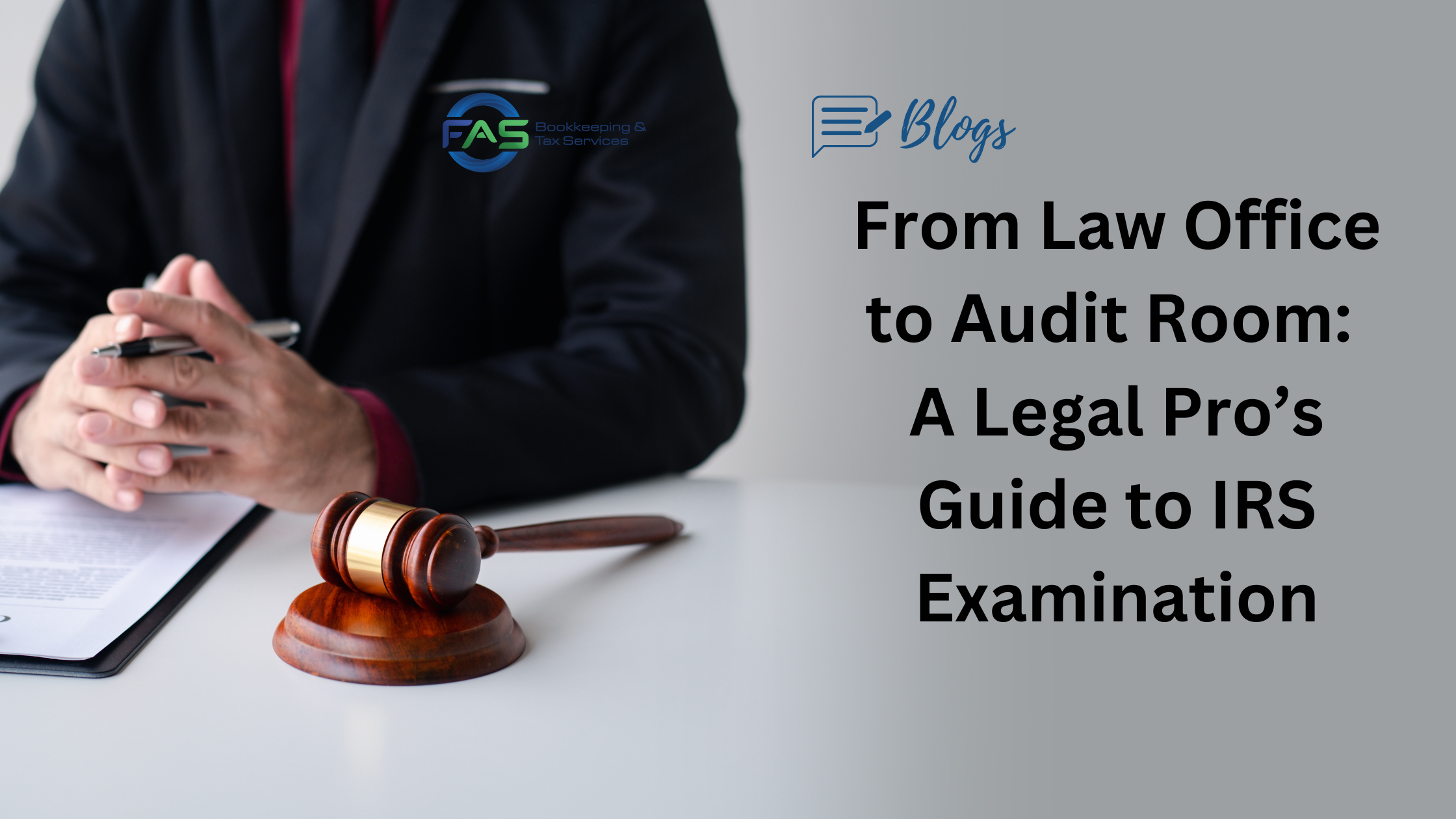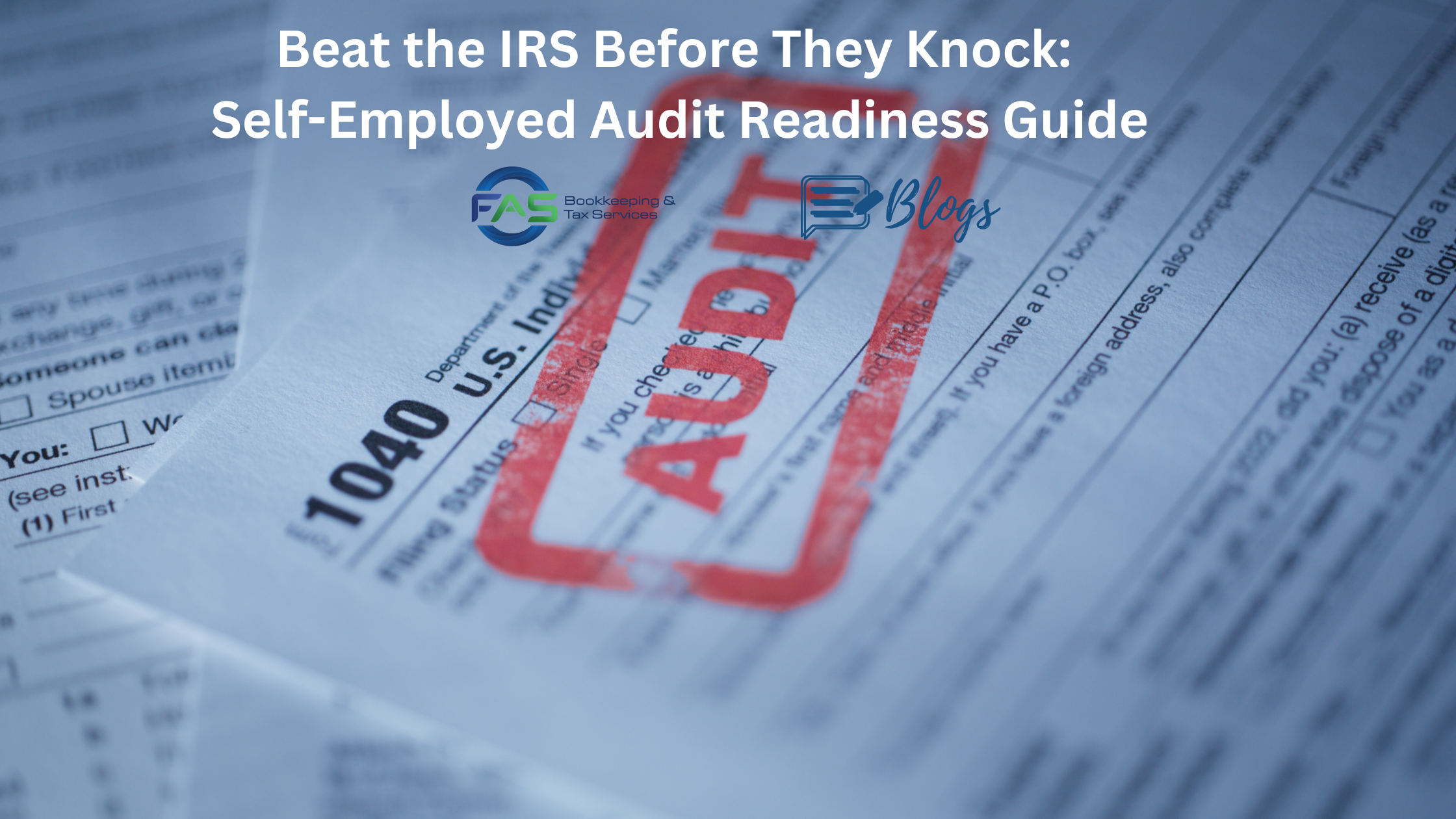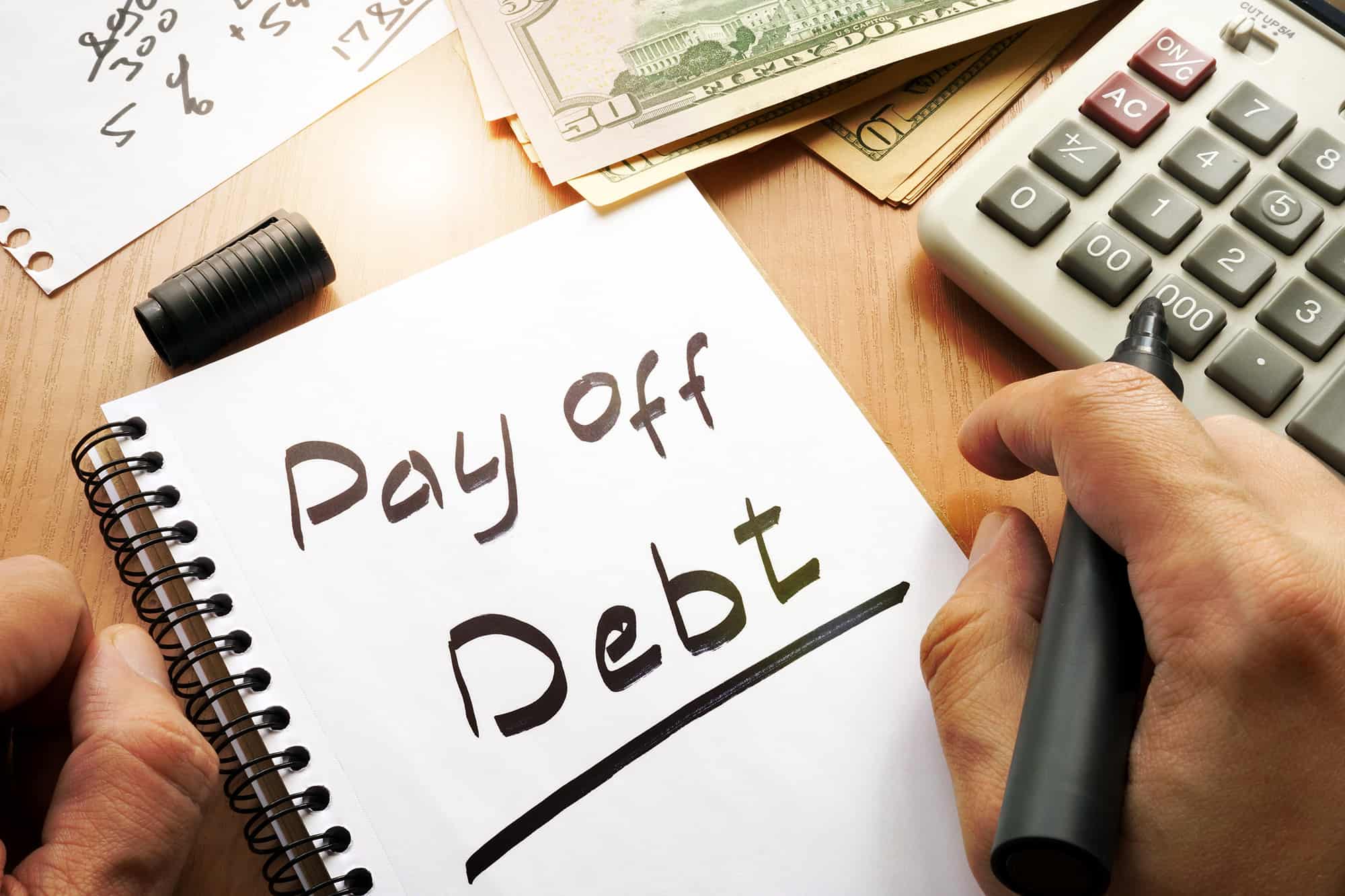With a potential economic downturn in the wings due to COVID-19, being debt-free is a worthwhile goal. Unfortunately, between mortgages, car loans, credit cards, and student loans, this is unrealistic for most people – especially those of pre-retirement age. Instead, it’s better to start by focusing on managing debt. When you handle debt wisely, you won’t have to shell out every cent of your hard-earned money to your lender or feel like you’re always on the verge of bankruptcy.
These tips will help you get started paying off debt the smart way and help you save extra money to pay down those debts even faster:
Assess the Situation
First, assess how much and what type of debt you have by writing it down using pencil and paper or entering the data into a spreadsheet like Microsoft Excel. You can also use a bookkeeping program such as Quicken or a debt management app such as Debt Manager, Debt Payoff Planner or if you are only concerned about student loan debt, Changed. When compiling or entering your list be sure to Include every instance you can think of where a company has given you something in advance of payment such as your mortgage, car payment(s), credit cards (all of them), tax liens, student loans, PayPal Credit, and store payments or cards used on electronics or other household items such as Home Depot or Best Buy.
Record the day the debt began and when it will end (check your credit card statements), the interest rate you’re paying, and what your payments typically are. Next, as painful as that might be, add it all up – try not to be discouraged. Remember, the goal is to break this down into manageable chunks while finding extra money to help pay it down.
If you’re one of the millions of people who have lost their jobs during the coronavirus pandemic, many auto and student loan lenders, as well as mortgage and credit card issuers are offering temporary concessions. Before you make any payments call or visit their websites to see what their policies are during the pandemic and whether there are options for deferral and other measures you can take.
Identify High-Cost Debt
Even if you haven’t lost your job or experienced sickness related to COVID-19, it never hurts to identify which debt is more expensive than others and pay it off first. Unless you’re getting a payday loan – which you shouldn’t be – the worst offender is consumer debt such as personal loans, auto loans, and credit cards with high-interest rates. Credit cards are easiest to tackle so start with them first. Here’s how to deal with them:
- Don’t use them. You don’t have to cut them up, but take them out of your wallet, put them in a drawer, and only access the one with the lowest interest rate in an emergency.
- Identify the card with the highest interest and pay off as much as you can every month and pay the minimum amount due on other cards. When that one is paid off, work on the card with the next highest rate.
Check your credit cards for balance transfer rates and transfer balances from higher interest accounts to a lower interest one. When you pay less interest, you can pay down your debt faster. The catch is that at the end of the balance transfer period (typically 6 to 12 months), the low or if you’re lucky, zero interest rate, reverts to a higher credit card interest rate.
- Don’t close existing cards or open any new ones. It won’t help your credit rating, and in fact, will only hurt it.
- Pay on time, absolutely every time. Late payments – even one – can lower your FICO score.
- Go over your credit card statements in detail and look for monthly charges for things you no longer use or don’t need anymore.
- Call your credit card companies and ask them nicely if they would lower your interest rates – sometimes it works!
Save, Save, Save
Do whatever you can to retire debt – even if it means reevaluating your priorities and changing your lifestyle. Consider taking a second job and using that income only for higher payments on your financial obligations. Substitute free family activities for high-cost ones. Sell high-value items that you can live without.
Do Away with Unnecessary Items to Reduce Debt Load
Think twice before purchasing the latest high-tech gadgets. Do you need the latest iPhone? You’ll be surprised at what you don’t miss. Consider buying a used car, forgoing that expensive gym membership you don’t have time to use anymore, visiting the public library to check out DVDs or subscribing to a video streaming company instead of going to the movies – at least until your debt is under control.
Never, Ever Miss a Payment
Not only are you retiring debt, but you’re also building a stellar credit rating. If you ever get another job, buy a house, rent an apartment, or buy another car, you’ll want to have the best credit rating possible. A blemish-free payment record will help with that. Besides, credit card companies can be quick to raise interest rates because of one late payment and a completely missed one is even more serious.
Pay with Cash
To avoid increasing debt load, make it a habit to pay for everything you purchase with cash or a debit/credit card. If you don’t have the cash (or the money in your bank account) for it, you probably don’t need it. You’ll feel better about what you do have if you know it’s owned free and clear.
Shop Wisely, and Use the Savings to Pay Down Your Debt
If your family is large enough to warrant it, invest $45 to $60 and join a store like Sam’s or Costco – and use it. Shop there first, then at the grocery store. Change brands if you have to and swallow your pride. If you’re concerned about buying organic, rest assured that even at places like Costco you will have many options. Use coupons and store savings clubs religiously. Calculate the money you’re saving and use it to pay down debt. Remember, every penny counts, and even if it’s a small amount every month, consistently saving adds up over time.
While each of these steps, taken alone, probably doesn’t seem like much, if you adopt as many as you can, you’ll see your debt decrease every month. If you need help managing debt or need advice regarding steps you can take to recession-proof your finances, help is just a phone call away.





